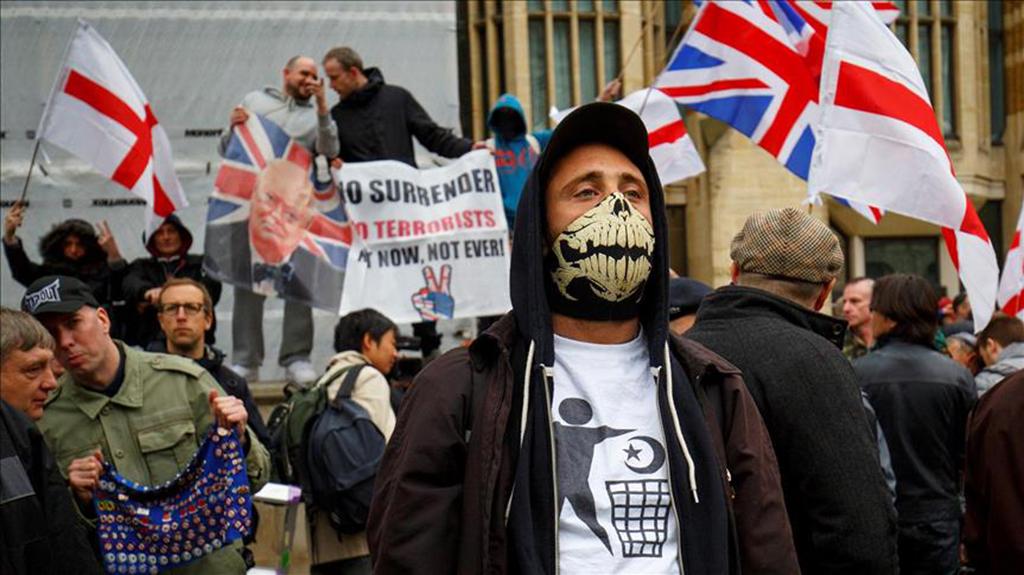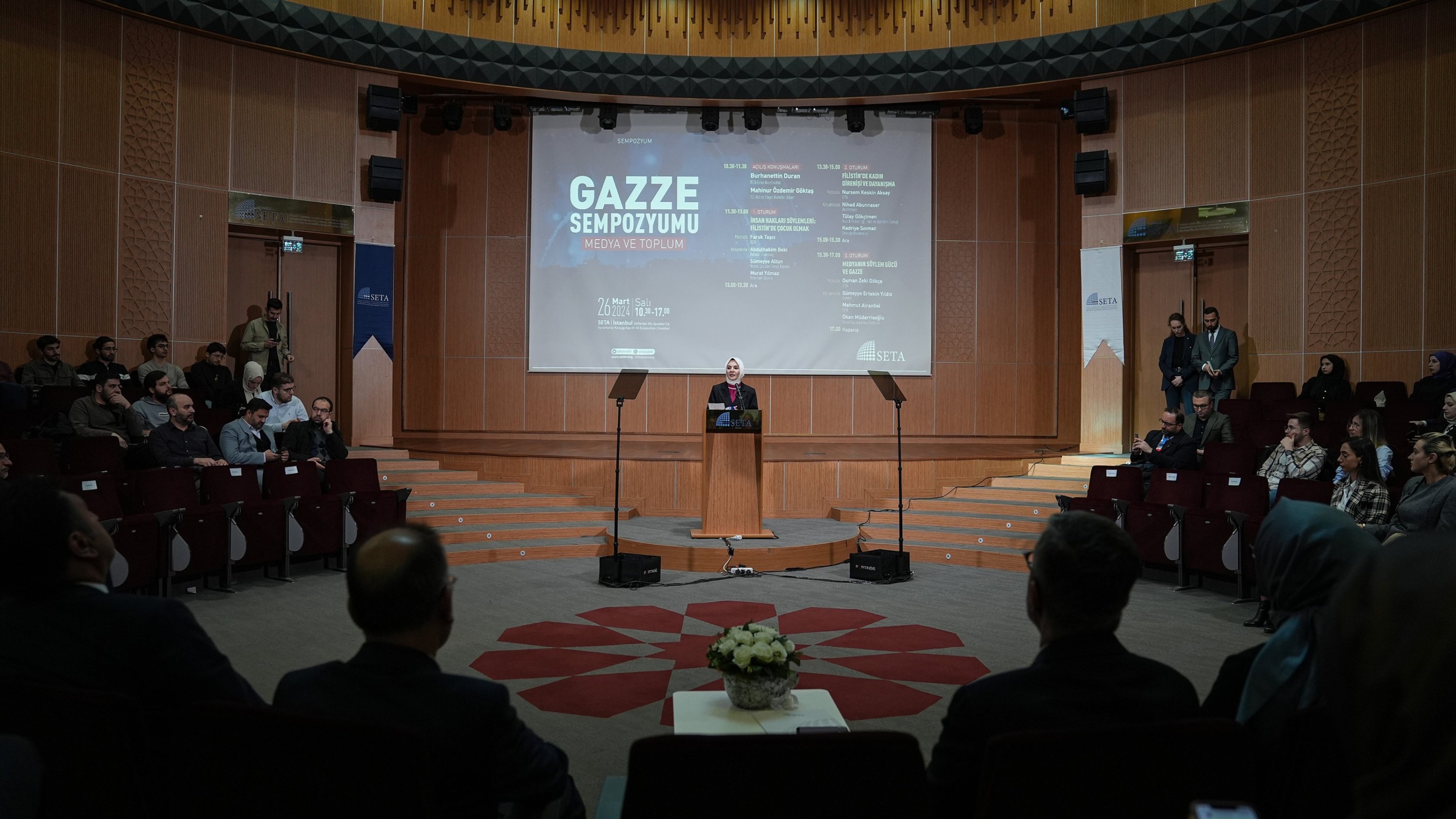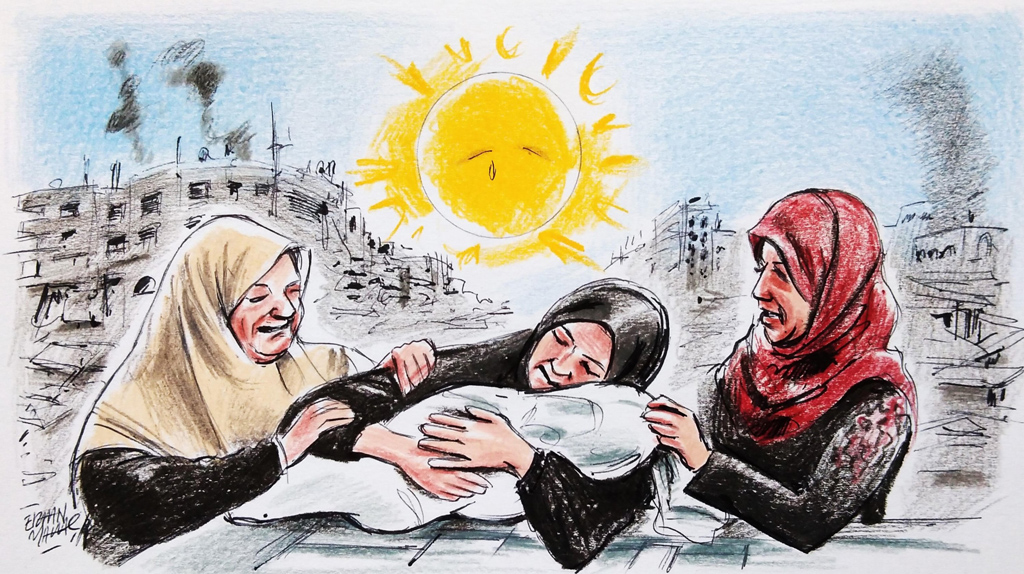
What are roots of anti-Islamism in the West?
Western political elites have developed three opinions about Islam and Muslims, which I will try to describe briefly here. The first and the most popular Western perception is anti-Islamism.
Share
The Western world has been experiencing a dramatic increase of xenophobia and Islamophobia for the last several decades. The correct usage of this concept is anti-Islamism rather than Islamophobia. While the former connotes a political stance, the latter implies a natural fear. Taking into consideration the latest events in the West, it can be easily asserted that anti-Islamic feelings and policies are politically constructed by certain Western power circles, namely politicians, media outlets and universities.
Western political elites have developed three opinions about Islam and Muslims, which I will try to describe briefly here. The first and the most popular Western perception is anti-Islamism. Due to the latest problems such as intra-Western problems, economic and social crises, terrorist attacks, migration and systemic crises, the West was faced with the rise of ultra-nationalism that has led to the increase of anti-Islamism. Furthermore, with the collapse of the Soviet Union, Western countries substituted the Red Menace with the green one; feeling threatened by the potential of Islam's political opposition to Western hegemony, ultra-nationalists attribute all the problems they face to Islam and Muslims.
U.S. President Donald Trump now leads a large coalition of ultra-nationalists and anti-Islamists. His last two moves indicate his anti-Islamic attitude and the aim to change American politics. First, he retweeted inflammatory videos shared by a far-right extremist group whose leaders have been convicted in the United Kingdom. Thus, he became the first American president to promote inflammatory content that exacerbates religious hatred and openly accuses Islam of violence. Second, Trump will reportedly recognize Jerusalem as Israel's capital. Almost all observers agree that this recognition would end the stalling peace process and further destabilize the Middle East, which is already in chaos.
The second perception is shared by a large, perplexed group, namely, the political parties. Some of these groups support ultra-nationalists in their war against Islam and Muslims. Due to the increase of ultra-nationalist sentiments, many mainstream Western political parties have been using the same or similar rhetoric and discourse to that of the ultra-nationalist groups in election campaigns in order to get votes from their respective constituencies.
Nevertheless, these discourses are not confined within far-right parties. Even mainstream parties have started to use ultra-nationalist political rhetoric. So far, this ended up with a striking decrease in the votes of mainstream political parties, but a huge increase in the votes for the radical far-right. Fascist and racist parties began to be considered part of mainstream political life. Thus, supporters of ultra-nationalists have radicalized political life in the Western world. For instance, center-right parties, such as German Chancellor Angela Merkel's Christian Democratic Union (CDU) and Dutch Prime Minister Mark Rutte's People's Party for Freedom and Democracy (VVD) share many policies of far-right parties. Merkel's party lost approximately 10 percent of their vote in the last general elections held in September, while the racist Alternative for Germany (AfD) received 13 percent and entered the Bundestag for the first time since World War II.
Some mainstream political parties and intellectual groups, mainly from the left wing of the political spectrum, oppose far-right groups in principle, but pursue appeasement policies toward ultra-nationalists and anti-Islamists. They expanded the access of far-right groups and tried to understand far-right groups due to the increasing number of problems facing Western countries. They remain indifferent when Muslims and Islam are accused of causing most of the troubles that they face.
The last observance is the opposition against ultra-nationalist parties and social groups. Some groups, whether from the right or left of the political spectrum, are aware of the artificially structured misperception of Islam and Muslims. However, the influence of internationalist and pluralist groups nowadays is quite limited because irrationality and ideologically driven thinking dominate the Western world.
The failure of Western states and peoples to counter the current wave of xenophobia and anti-Islamism will jeopardize the future of both the West and of the rest of the world. In today's globalized and interconnected world, it is quite difficult, if not impossible, to isolate any state from the rest of the world. Therefore, further ethnic and religious animosities will only intensify chaos and war.
[Daily Sabah, 6 December 2017]
Tags »
Related Articles






